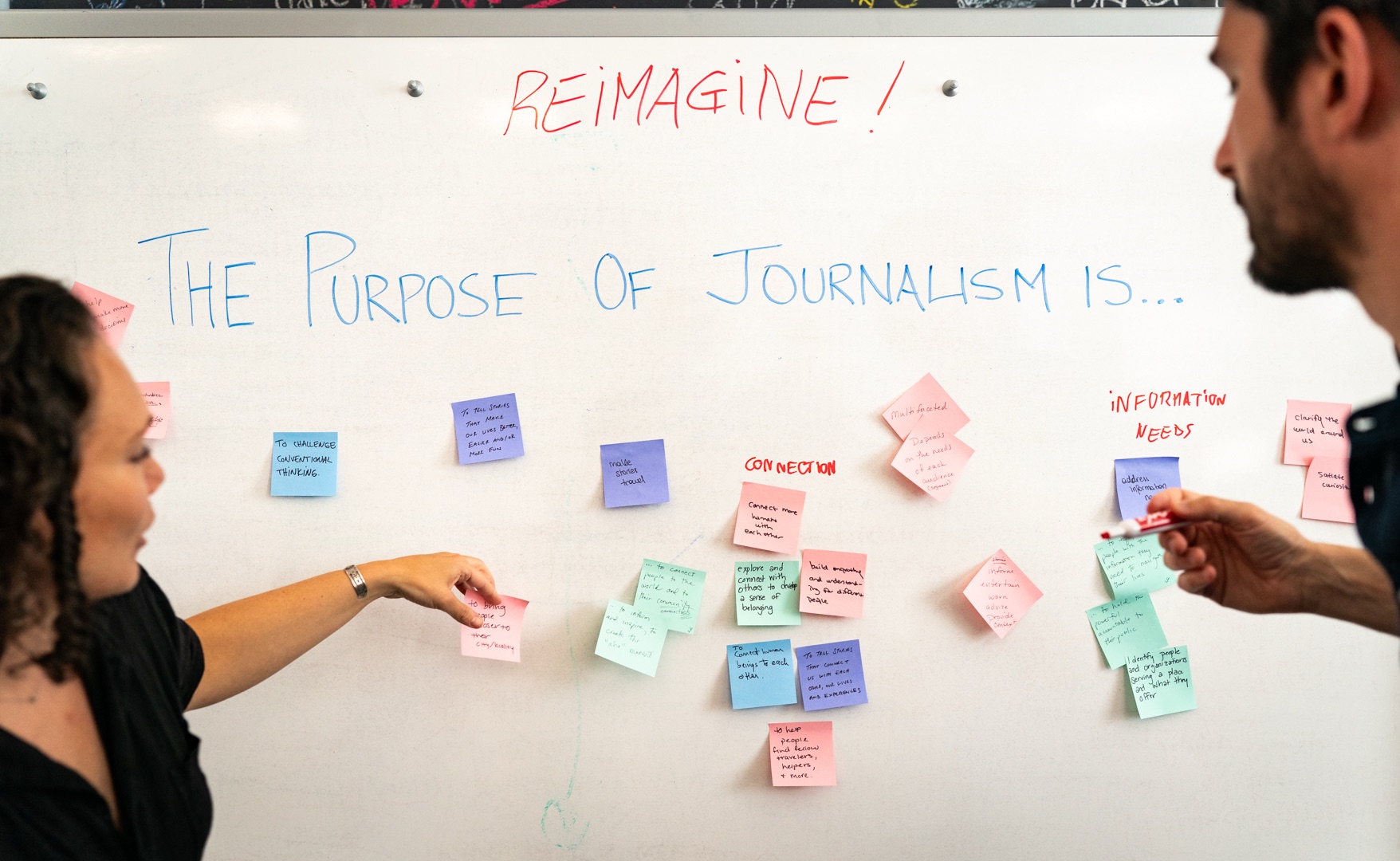Attending NICAR14 as a computer science student without a journalism background was an interesting experience, to say the least. Never have I been surrounded by so many journalists (and developers) who were so passionate about data and the tools that can help them attain it.
As the journalism and developer worlds are converging and as access to information is becoming ever more important, the question of “when it is appropriate to access data and when is it not?” emerges. One talk at the conference that addressed this issue was one titled “Hacks or Hackers?”.
At #NICAR14, listening to @jsvine @IzzieWolf @kleinmatic & @TorEkelandPC on ethics of journalism + hacking. Context: http://t.co/94hSNB9OL3
— Alex Howard (@digiphile) February 27, 2014
Hacks or Hackers was a panel discussion about the ethics of the increasing use of tools typically employed by “hackers” such as scraping, HTTP traffic monitoring, and reverse-engineering in newsrooms. The range of backgrounds of the panel speakers — Jeremy Singer-Vine is a reporter and programmer at WSJ, Isaac Wolf is a national reporter at Scripps News, Scott Klein is the Senior Editor for News Applications at ProPublica, and Tor Ekeland is an attorney — made for an interesting debate about where journalists should draw the line when it comes to employing technologies that might be considered unethical or illegal, even if it means uncovering a newsworthy story.
My personal interest in this talk came from a course I took as part of the computer science curriculum titled “Network Security and Penetration” where I learned about the different tools used for hacking and got to use these tools to “hack” several websites and computers (in a controlled classroom environment). Throughout the course, we were told that while these tools were developed for more ‘legitimate’ uses, it is easy to wander into the grey if we are not mindful of what we were doing.
What are Hacks? What to consider before scraping
A “hack” is an informal term, which can be defined in the context of investigative journalism, as a technique or tool used to do something nontraditional (the definition of this varies from person to person), such as programmatically accessing information on the web.
tipsheet things to consider before scraping: http://t.co/JH8SIsWnCw #NICAR14
— Isaac Wolf (@IzzieWolf) February 27, 2014
Examples of these hacks (in addition to the ones mentioned in the talk) include firewall evasion, cross site scripting, and backdoors. Hacks certainly have opened up more avenues for investigative journalists to find data but also more opportunities for journalists to be subject to legal violations such as the Computer Fraud Abuse Act and the Federal Identity Theft Act. Because of these risks, it is important to be able to draw the line and make a sound ethical decision.
Every year New York Times' Chrys Wu curates 'Slides, Links & Tutorials' from the annual CAR conference: 2014, 2013, 2012 and 2011. They are a fantastic resource for all journalists and investigators of all skill levels.
About the author





